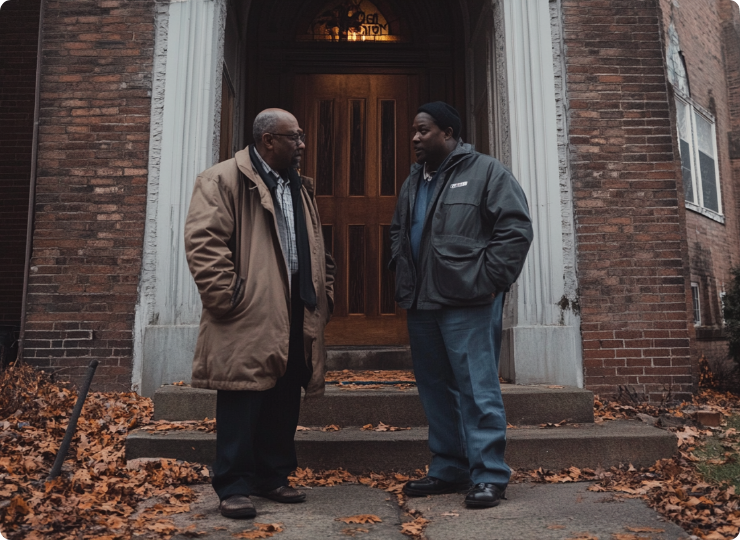Recovery Coach vs. Sponsor vs. Counselor
- Michael McEvoy
- Jul 1, 2025
- 3 min read
Updated: Sep 13, 2025

Understanding Your Support System
When you're navigating recovery, the path can feel overwhelming, but you don’t have to walk it alone. As a starting point, it's good to understand the difference between recovery coaches, sponsors, and counselors, along with the various types of support available to meet you where you are.
,
Each plays a unique role in helping you heal, grow, and build a life in recovery. Here’s how they compare, so you can create a support team that fits your journey.
What Is a Recovery Coach?

What is a Recovery Coach? A Recovery Coach is a trained, non-clinical professional who walks beside you, helping you set goals, stay focused, and build a life that feels worth staying sober for. Rooted in lived experience or peer understanding, coaches are there to support your recovery, on your terms.
What Recovery Coaches Do:
Provide strength-based, person-centered support
Help you create recovery plans aligned with your values
Offer encouragement and accountability in real time
Support all recovery pathways without judgment
Guide you toward resources like housing, employment, or community care
What Recovery Coaches Don’t Do:
Diagnose or treat mental health or substance use disorders
Offer therapy or prescribe a clinical treatment plan
What Is a 12-Step Sponsor?

A 12-step sponsor is a volunteer peer within fellowships like Alcoholics Anonymous (AA) or Narcotics Anonymous (NA). Sponsors have walked the 12-step path and now support others through the same spiritual framework.
What Sponsors Do:
Guide newcomers through the 12 steps
Offer lived experience, support, and accountability
Encourage participation in meetings and service
Provide a sense of fellowship and connection
What Sponsors Don’t Do:
Offer clinical or professional advice
Operate outside the boundaries of their fellowship’s principles
What Is a Counselor?

A counselor is a licensed clinical professional who provides therapy for addiction and co-occurring mental health conditions. They help individuals explore the root causes of substance use and develop healthier coping tools through evidence-based approaches.
What Counselors Do:
Diagnose and treat mental health and substance use disorders
Provide individual or group therapy
Use therapeutic models like CBT, DBT, or trauma-informed care
Help address past wounds that may influence current behavior
What Counselors Don’t Do:
Provide ongoing, real-world peer support outside sessions
Replace the peer-led aspects of recovery
Recovery Coach vs. Sponsor vs. Counselor
Here’s a quick comparison:

When to choose a recovery coach sponsor or counselor?
Many people utilize all three. A sponsor guides you through a spiritual journey. And a Recovery Coach enables you to build the future you envision.
At RiseWell, the best recovery is self-guided, supported, and collaborative. No matter where you are on the path, we’re here to walk beside you.
Ready to explore your support options? Book a Discovery Call today and let’s build your recovery team together.
Serving Western Connecticut and Beyond
RiseWell Recovery offers certified addiction recovery coaching, interventions, sober transportation, and sober companions in towns such as Greenwich, Fairfield, Danbury, Bridgeport, Stamford, Waterbury, and Torrington.



